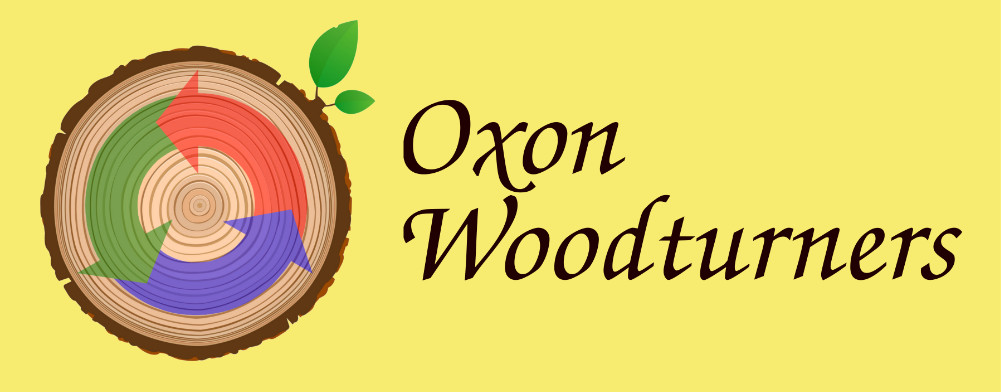Getting Started
Discover the Art of Woodturning: Our Beginner's Guide is here. Whether you're just starting out or looking to refine your skills, we hope you find it useful. Feedback welcome.
Scroll down for quickfire answers to FAQs.
Your Page Title

Getting Started with Woodturning
Frequently Asked Questions
If you have a question which is not answered here, please contact us.
- How do I join the club?
- You can join just by coming along to a clubnight. We offer two free "Hands-On" sessions (check the "Upcoming Events") to newcomers so they can see how they like it. Thereafter, club membership is £40 per year plus £3.00 per meeting. Non-members are also welcome to attend our Demonstration clubnights for £8. (Non-members who have used up their two free meetings can also come to Hands-On clubnights for £8). We have a clubnight on the first Tuesday of every month except December, when we hold our AGM.
- What are members like?
- We have all sorts from artisans to academics, retired servicemen to research students, men and women. But you can't tell who is who (except for the men and women).
- How long are the meetings?
- Meetings start at 7.00 (on demo nights, the demonstration starts at 7:30) and usually end at about 10.00 pm with a 15 minute tea break at about 8.15. There is a raffle and often a competition on a theme, or examples of members' work.
- How do I begin to learn to turn?
- Coming along to a hands on night is a great way to “dip your toes” into the water to get a idea of what its all about. If you want to take it a bit further, we highly recommend getting some expert tuition. There are many impressive woodturning videos on youtube, though these are generally showing off advanced skills and are no substitute for hands-on tuition.
- How much does it cost to be a turner?
- It is hard to put a precise figure on this, but there is an inevitable initial cost in setting up your own woodturning workshop. You will need a lathe, at least a few tools (woodturning chisels), a chuck for the lathe, and some method for sharpening your tools. And the space of course. All of this will cost at least a few hundred pounds (at the cheaper end), though you may find some of the things second hand. At the beginning we would recommend spending as much as you can afford on the tools - you don't need many but cheap tools will only lead to frustration. You are sure to find more advice on starting up within the club.
- Where can I buy wood from?
- You can use seasoned wood from a supplier, or felled timber that you might come across locally. There are many online suppliers, though they tend to be pricey. See our 'Links' section for a selection of sites that club members have used.
- Is any wood suitable for turning?
- You can turn just about any wood, despite how varied the different woods are. Native hardwoods like Ash, Beech, and Oak are all good for turning depending on the type of finish you are after. Woods that are fairly plain such as Sycamore are popular among turners who want to apply dyes and stains to the finished piece. Yew, despite being a coniferous tree, is quite a hard wood that often has beautiful patterns in the grain, making it popular among turners. Softwoods such as pine are good practice for beginners (especially since they are cheap!), but are not particularly popular for advanced projects because they don't tend to give the best finish. However, these are only our impressions - all rules are to be broken! (Except safety rules:-))


